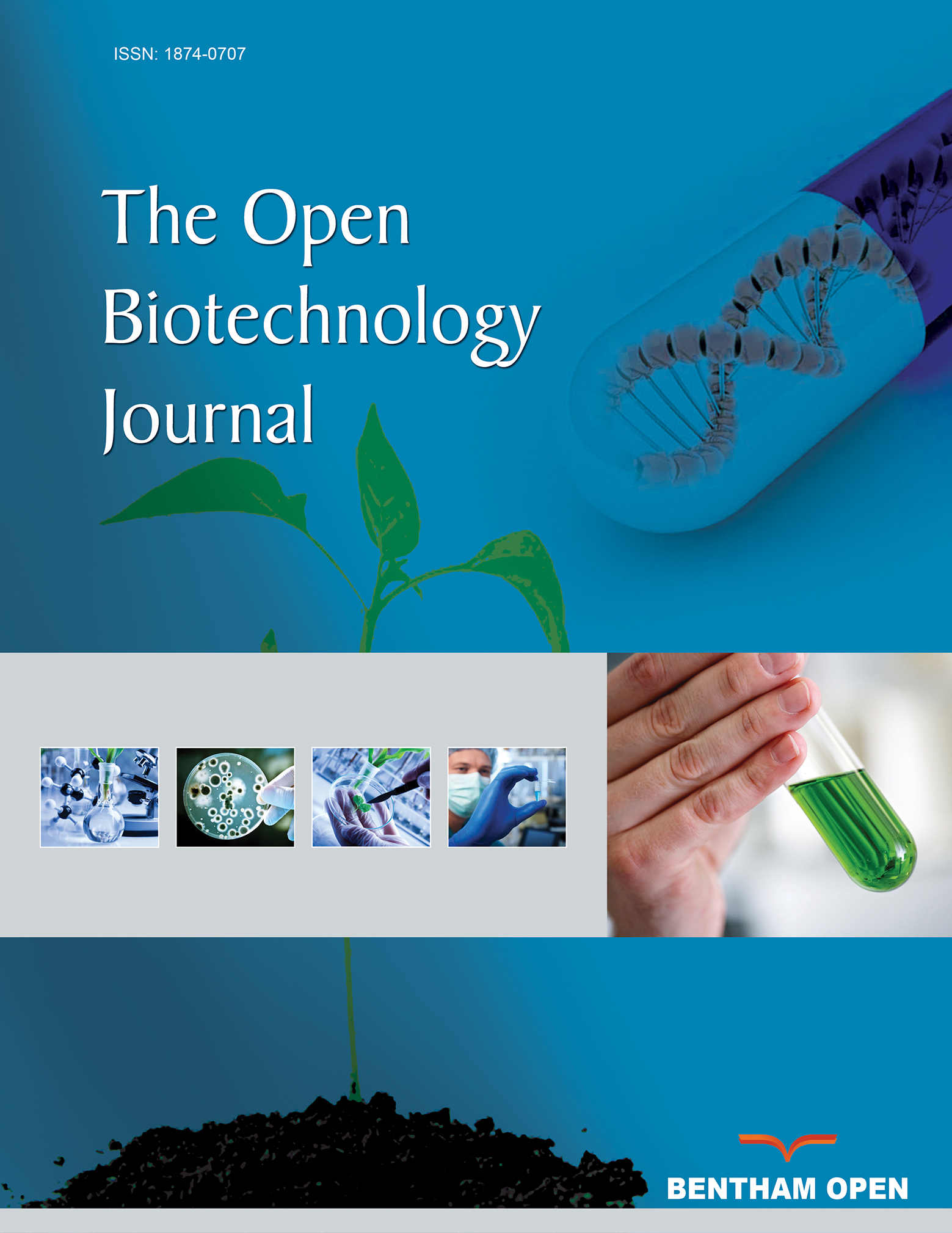All published articles of this journal are available on ScienceDirect.
In vivo Evaluation of the Repellency Effects of Nanoemulsion of Mentha piperita and Eucalyptus globulus Essential Oils against mosquitoes
Abstract
Introduction:
The present study aimed to prepare Nanoemulsions of Mentha piperita and Eucalyptus globulus essential oils and comparison of the repellant activity of them with normal essential oils and DEET in the field conditions.
Methods:
To determine the protection and failure time of the essential oils and DEET in the field condition against natural population of night biting culicid mosquitoes, 4 human volunteers participated in night biting test. GC-MS was used to determine the essential oil components and the Dynamic Light Scattering device was used to measure droplet size and zeta potential.
Results:
The relative abundance of more common species captured in this study was 40.09% and 31.65% for Anopheles superpictus, and Culex pipiens, respectively. Based on the results, the protection time of nanoemulsions of M. piperita 50% against night biting mosquitoes was 4.96±0.21 h. Also, the protection for nanoemulsions essential oil 50% of E. globulus was 6.06±0.20 h. Comparison of the results showed that the protection time of nanoemulsions of M. piperita and E. globulus was significantly higher than of their normal essential oils (P˂0.01). Also, the protection time of DEET (as a gold standard) was significantly higher than of normal essential oil and nanoemulsions of M. piperita (P˂0.01), but there is no significant difference between DEET and nanoemulsions of E. globulus (P˃0.01).
Conclusion:
Due to the safety and biocompatibility of the nanoessential oils, and also relatively adequate and acceptable protection time, nanoemulsions of E. globulus and probably M. piperita can be considered as good repellents. It is recommended to do more research on these nanoemulsion repellents, as they may be good alternatives to DEET.


